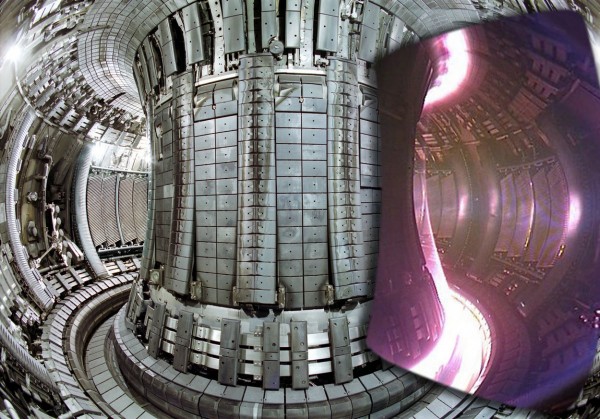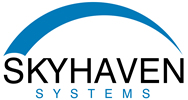Skyhaven Systems Wins Award from the Department of Energy to Develop Advanced Ceramic Pebbles for Fusion Breeder Blankets

May 19, 2015 – Skyhaven Systems, LLC received a grant from the Department of Energy to develop advanced ceramic pebbles for use in fusion breeder reactors. Most of our energy today is currently produced by burning fossil fuels. Negative environmental side effects, depletion of natural resources, and increasing world energy demand continue to push us to seek alternate energy sources. Long-term, non-fossil energy sources are limited and include: renewable sources such as solar, hydroelectric, wind or bio-based fuels, nuclear fission (breeders), and nuclear fusion. Although renewable energy resources are abundant and inexhaustible, they have only a limited potential. Requirements for specific sites (rivers-hydroelectric, mountain tops-wind, deserts-solar) to provide cost-effective energy production limits expansion and availability. Low energy density and/or output fluctuation with time requires energy storage methods, which reduces the efficiency and leads to extra cost. Nuclear fission reactors have disadvantages including: waste storage/remediation, reactor safety, and continued vigilance world-wide for production/control of weapons-grade materials. Nuclear fusion on the other hand, the least developed technology, has significant environmental, safety, and fuel supply advantages
The continued development of nuclear fusion techology is, in part, predicated upon finding effective methods for tritium’s synthetic production. Tritium is a fuel source for nuclear fusion that is extremely scarce naturally. Currently the main method being pursued to produce tritium is via fission of lithium atoms. This process is a part of most current fusion reactor designs and utilizes what are known as breeder blankets generally located at the outer radius of the reactor. Lithium ceramics, in pebble form, are typically used for the breeding material. The two current leading candidate materials, Li2TiO3 and Li4SiO4, both are projected to offer reasonable performance. However, the thermal conductivity of these materials is poor, leading to complex reactor designs. Skyhaven Systems, LLC is developing an alternative lithium-doped ceramic compound with greatly improved thermal properties for use as a breeding material for fusion reactors.
Fusion energy has the potential to be an abundant, cheap, and nonpolluting energy source which would be an enormous boom to the economy. Its benefits include: allow large-scale desalination plants that could alleviate water shortages, reduce atmospheric carbon dioxide pollution, reduce depletion of natural resources, reduce the dependency on foreign sources of energy, create additional jobs to operate/build plants and produce fuel, and provide industry with a cheap form of energy allowing operations to expand and new industries to be created. The development of ceramic pebbles with improved thermal properties as being conducted by Skyhaven Systems, LLC is a significant step in enabling the commercialization of nuclear fusion technology.






